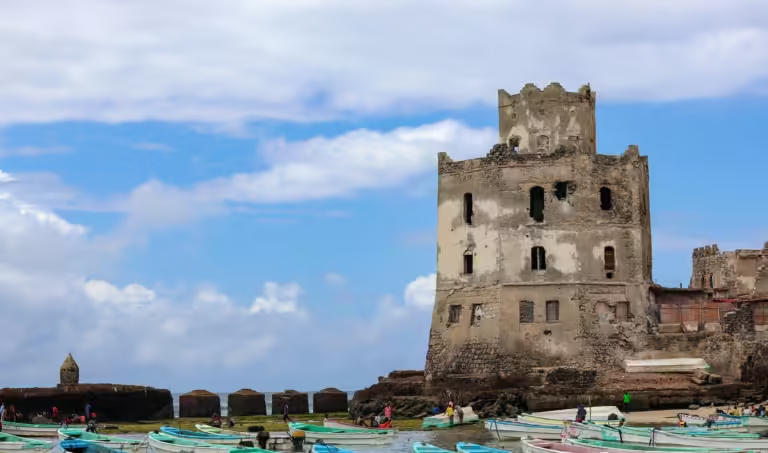Here is a list of top 10 most corrupt countries in the world .
1.Somalia
2.Syria
3.South Sudan
4.Venezuela
5.Yemen
6.Libya
7.Haiti
8.North Korea
9.Equatorial Guinea
10.Burundi
1.Somalia
Somalia is one of the most corrupt countries in the world. This perception is based on various global indices and reports that measure corruption and governance.
Location: Horn of Africa
Government: Federal parliamentary republic, with significant political instability and ongoing conflict
Reasons for Somalia’s High Corruption Levels
Political Instability and Conflict
- Civil War and Violence: Somalia has experienced prolonged civil war and conflict since the collapse of the central government in 1991. The absence of a strong, stable government has led to lawlessness and an environment where corruption can flourish.
- Warlords and Militias: Various warlords and militias control different parts of the country, leading to fragmented governance and competing power structures.
Weak Governance and Institutions
- Fragile State: Somalia’s central government is weak and lacks effective control over much of the country. This weakness contributes to an environment where corruption is pervasive.
- Ineffective Legal and Judicial Systems: The legal and judicial systems are underdeveloped and lack the capacity to enforce anti-corruption laws effectively.
Economic Challenges
- Poverty and Unemployment: High levels of poverty and unemployment create conditions where bribery and corruption become survival strategies for many individuals.
- Aid Dependency: Somalia relies heavily on international aid, which can be mismanaged and siphoned off by corrupt officials.
Lack of Transparency and Accountability
- Opaque Government Processes: Government processes and financial management are often opaque, making it difficult to hold officials accountable for their actions.
- Limited Media Freedom: Limited freedom of the press and threats against journalists inhibit investigative journalism and the exposure of corrupt practices.
Global Perception and Rankings
Transparency International’s Corruption Perceptions Index (CPI)
- Low Rankings: Somalia consistently ranks at or near the bottom of Transparency International’s Corruption Perceptions Index. This index measures perceived levels of public sector corruption in countries around the world.
World Bank Governance Indicators
- Poor Performance: Somalia scores very low on the World Bank’s Worldwide Governance Indicators, which assess various aspects of governance, including control of corruption.
Efforts to Combat Corruption
International Support
- Aid and Development Programs: International organizations and donor countries provide support for anti-corruption initiatives and the strengthening of governance institutions.
- Capacity Building: Efforts to build the capacity of Somalia’s government institutions and civil society organizations aim to improve transparency and accountability.
Domestic Reforms
- Anti-Corruption Legislation: There have been attempts to introduce and enforce anti-corruption legislation, although implementation remains a challenge.
- Civil Society Engagement: Somali civil society organizations work to promote good governance and accountability, often with support from international partners.
Challenges and Considerations
Security Concerns
- Ongoing Conflict: The ongoing conflict and presence of extremist groups, such as Al-Shabaab, complicate efforts to combat corruption and establish effective governance.
Cultural and Social Factors
- Clan-Based Politics: Clan loyalties and traditional power structures can undermine efforts to build transparent and accountable institutions.
Sustainable Development
- Long-Term Commitment: Sustained commitment from both domestic and international actors is necessary to address the root causes of corruption and promote sustainable development.
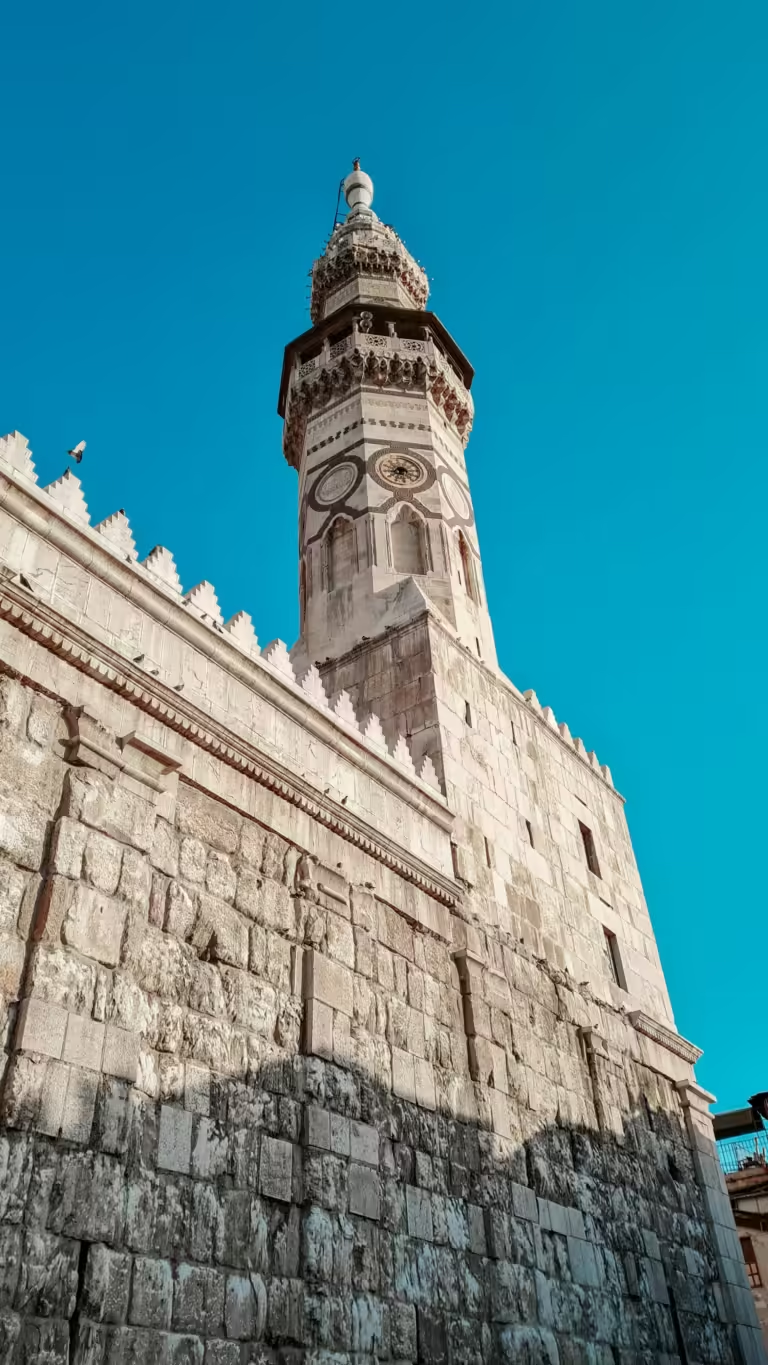
2.Syria
Syria is one of the most corrupt countries in the world, particularly in the context of its ongoing civil war and political instability. Corruption in Syria is pervasive across various sectors, including government, military, and business.
Location: Middle East
Conflict: Ongoing civil war since 2011
Reasons for Syria’s High Corruption Levels
Political Instability and Civil War
- Ongoing Conflict: The civil war, which began in 2011, has led to significant breakdowns in law and order, creating an environment where corruption thrives.
- Warring Factions: Various factions, including the government, rebel groups, and extremist organizations, control different regions, leading to fragmented authority and rampant corruption.
Authoritarian Regime
- Centralized Power: The Assad regime maintains tight control over the country’s resources and institutions. This centralization of power facilitates corruption at the highest levels of government.
- Cronyism and Patronage: The regime relies on a network of loyalists and cronies, often rewarding them with lucrative positions and contracts, fostering a culture of patronage and corruption.
Economic Challenges
- War Economy: The conflict has devastated Syria’s economy, leading to widespread poverty and unemployment. In such conditions, corruption becomes a means of survival for many.
- Sanctions and Aid: International sanctions and the need for humanitarian aid have created opportunities for corrupt officials to exploit these resources for personal gain.
Weak Institutions
- Compromised Judiciary: The judicial system is heavily influenced by the government, undermining its ability to act independently and combat corruption.
- Lack of Transparency: Government operations lack transparency, making it difficult to hold officials accountable for corrupt practices.
Humanitarian Aid Exploitation
- Aid Diversion: Humanitarian aid intended for civilians is often diverted by government officials and armed groups, exacerbating corruption and depriving those in need.
Global Perception and Rankings
Transparency International’s Corruption Perceptions Index (CPI)
- Low Rankings: Syria consistently ranks near the bottom of Transparency International’s Corruption Perceptions Index, reflecting widespread perceptions of public sector corruption.
World Bank Governance Indicators
- Poor Performance: Syria scores very low on the World Bank’s Worldwide Governance Indicators, particularly in areas such as control of corruption, rule of law, and government effectiveness.
Efforts to Combat Corruption
International Support and Sanctions
- Targeted Sanctions: International sanctions target key regime figures and entities involved in corruption, although these measures also have broader economic impacts on the Syrian population.
- Anti-Corruption Initiatives: International organizations and donor countries attempt to support anti-corruption efforts and transparency initiatives, despite the challenging environment.
Domestic Challenges
- Lack of Political Will: The Syrian government’s lack of genuine political will to combat corruption hinders any meaningful progress.
- Civil Society Constraints: Civil society organizations face significant restrictions and risks, limiting their ability to advocate for transparency and accountability.
Challenges and Considerations
Security Concerns
- Conflict Environment: The ongoing conflict and presence of multiple armed factions complicate efforts to establish effective anti-corruption measures.
Humanitarian Crisis
- Aid Dependency: The reliance on humanitarian aid and the opportunities for its exploitation present ongoing challenges for anti-corruption efforts.
International Dynamics
- Geopolitical Interests: The involvement of various international actors with differing geopolitical interests complicates the implementation of cohesive anti-corruption strategies.
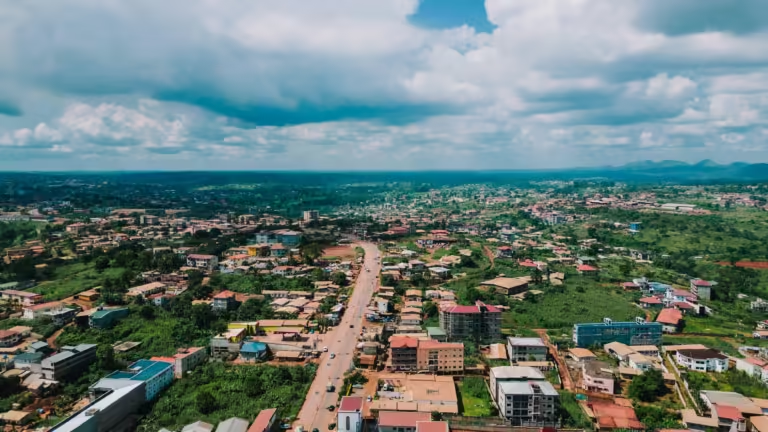
3.South Sudan
South Sudan is one of the most corrupt countries in the world. The country’s high levels of corruption are driven by factors such as political instability, weak governance, economic challenges, and ongoing conflict.
Location: East-Central Africa
Government: Republic
Independence: Gained independence from Sudan in 2011
Conflict: Civil war from 2013 to 2018, with ongoing political and ethnic tensions
Reasons for South Sudan’s High Corruption Levels
Political Instability and Conflict
- Civil War: The civil war that erupted in 2013 has had a devastating impact on South Sudan, leading to widespread violence, displacement, and destruction. The conflict has created a chaotic environment where corruption can easily flourish.
- Ethnic Tensions: Ethnic divisions and rivalries contribute to instability and undermine efforts to build a cohesive and transparent government.
Weak Governance and Institutions
- Fragile State: South Sudan’s government institutions are weak and lack the capacity to enforce laws and regulations effectively.
- Corruption in Public Administration: Corruption is widespread within government institutions, with public officials often engaging in bribery, embezzlement, and mismanagement of resources.
Economic Challenges
- Oil Revenue Dependency: South Sudan is heavily dependent on oil revenues, which constitute the majority of its national income. The management of oil revenues is opaque, leading to significant opportunities for corruption.
- Poverty and Unemployment: High levels of poverty and unemployment create conditions where bribery and corrupt practices become survival strategies for many citizens.
Lack of Transparency and Accountability
- Opaque Financial Management: Government financial management practices are opaque, with little oversight or accountability for the use of public funds.
- Limited Media Freedom: Restrictions on the media and threats against journalists hinder investigative reporting and the exposure of corrupt practices.
International Aid and Development
- Aid Mismanagement: International aid intended for development and humanitarian assistance is often mismanaged or siphoned off by corrupt officials, undermining efforts to improve governance and reduce poverty.
Global Perception and Rankings
Transparency International’s Corruption Perceptions Index (CPI)
- Low Rankings: South Sudan consistently ranks near the bottom of Transparency International’s Corruption Perceptions Index, reflecting widespread perceptions of public sector corruption.
World Bank Governance Indicators
- Poor Performance: South Sudan scores very low on the World Bank’s Worldwide Governance Indicators, particularly in areas such as control of corruption, rule of law, and government effectiveness.
Efforts to Combat Corruption
International Support
- Capacity Building: International organizations and donor countries provide support for capacity-building initiatives aimed at strengthening governance institutions and promoting transparency.
- Anti-Corruption Programs: Efforts to implement anti-corruption programs and policies are supported by international partners, although challenges remain in enforcement and implementation.
Domestic Reforms
- Anti-Corruption Commission: South Sudan has established an Anti-Corruption Commission, although its effectiveness is limited by political interference and lack of resources.
- Civil Society Engagement: Civil society organizations work to promote good governance and accountability, often facing significant risks and challenges in their efforts.
Challenges and Considerations
Security Concerns
- Ongoing Tensions: Continued political and ethnic tensions, along with sporadic violence, undermine efforts to establish stable governance and combat corruption.
Economic Dependency
- Oil Revenue Management: The reliance on oil revenues and the opaque management of these resources present ongoing challenges for anti-corruption efforts.
International Dynamics
- Aid Dependency: The mismanagement of international aid and development funds complicates efforts to promote transparency and accountability.
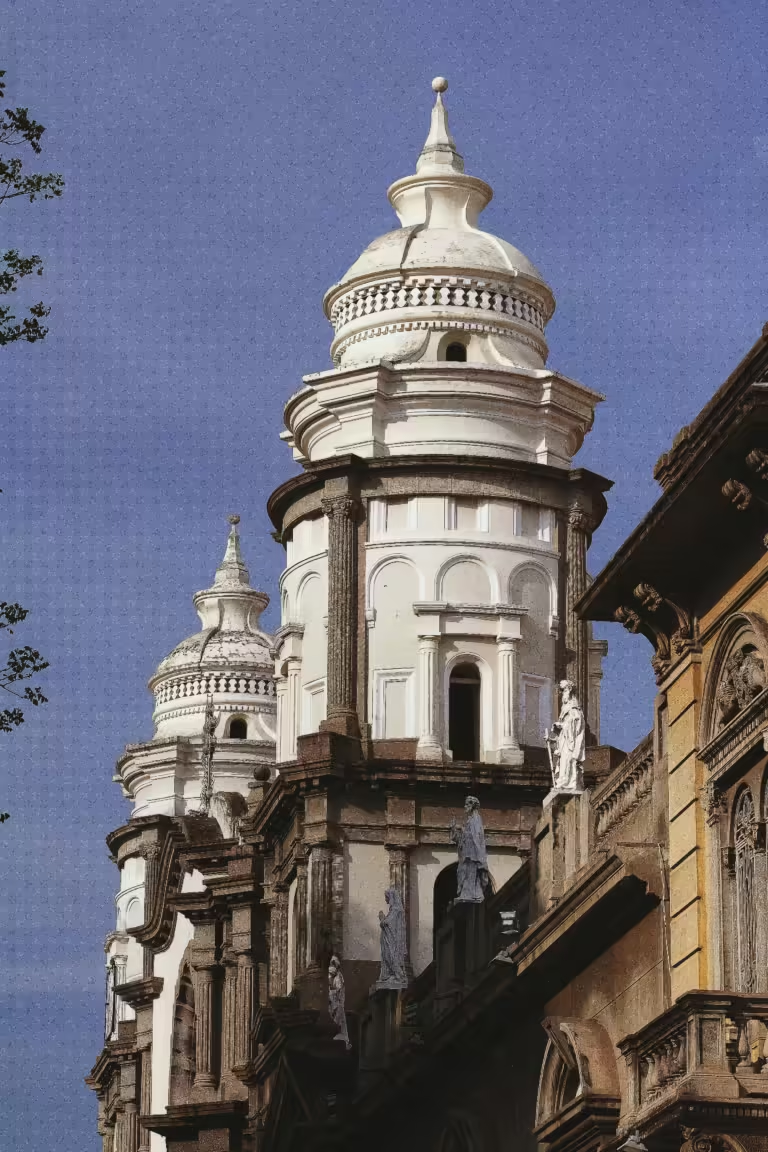
4.Venezuela
Venezuela is one of the most corrupt countries in the world. The country’s high levels of corruption are driven by political instability, economic challenges, weak institutions, and systemic issues within the government.
Location: South America
Government: Federal presidential republic, currently under the administration of Nicolás Maduro
Economy: Highly dependent on oil revenues
Reasons for Venezuela’s High Corruption Levels
Political Instability and Authoritarianism
- Centralized Power: The Maduro administration maintains tight control over the country’s institutions and resources, facilitating corruption at the highest levels.
- Electoral Fraud and Political Repression: Allegations of electoral fraud and the suppression of political opposition contribute to a lack of accountability and transparency in government.
Economic Challenges
- Hyperinflation: Venezuela has experienced severe hyperinflation, leading to a collapse in the value of its currency and widespread economic hardship.
- Oil Dependency: The economy is heavily reliant on oil exports, and the mismanagement of oil revenues has led to significant opportunities for corruption.
- Sanctions: International sanctions have further strained the economy, exacerbating the conditions that allow corruption to flourish.
Weak Institutions
- Compromised Judiciary: The judicial system is heavily influenced by the government, undermining its ability to act independently and combat corruption.
- Lack of Rule of Law: Weak rule of law and ineffective law enforcement contribute to a culture of impunity for corrupt practices.
Humanitarian Crisis
- Mismanagement of Resources: The government’s mismanagement of resources, including food and medical supplies, has led to severe shortages and opportunities for corrupt officials to exploit the situation.
- Emigration and Brain Drain: The humanitarian crisis has led to mass emigration, including the loss of skilled professionals who could contribute to rebuilding the country’s institutions.
Global Perception and Rankings
Transparency International’s Corruption Perceptions Index (CPI)
- Low Rankings: Venezuela consistently ranks near the bottom of Transparency International’s Corruption Perceptions Index, reflecting widespread perceptions of public sector corruption.
World Bank Governance Indicators
- Poor Performance: Venezuela scores very low on the World Bank’s Worldwide Governance Indicators, particularly in areas such as control of corruption, rule of law, and government effectiveness.
Efforts to Combat Corruption
International Pressure and Sanctions
- Targeted Sanctions: The international community has imposed targeted sanctions on key figures in the Venezuelan government and its affiliated entities, aiming to pressure the regime to enact reforms.
- Diplomatic Efforts: International diplomatic efforts seek to address the political crisis and promote democratic governance and transparency.
Domestic Reforms and Civil Society
- Opposition Efforts: Political opposition groups and civil society organizations advocate for reforms and transparency, despite facing significant risks and repression.
- Anti-Corruption Initiatives: There have been attempts to implement anti-corruption initiatives, although these efforts are often undermined by the government’s lack of political will and the challenging environment.
Challenges and Considerations
Security Concerns
- Political Repression: The government’s repression of political opposition and civil society activists poses significant challenges to efforts to combat corruption.
- Violence and Crime: High levels of violence and crime, including organized crime, contribute to the overall instability and corruption in the country.
Economic Dependency and Mismanagement
- Oil Revenue Mismanagement: The opaque management of oil revenues and the reliance on a single export commodity present ongoing challenges for economic stability and anti-corruption efforts.
Humanitarian Crisis
- Resource Allocation: The misallocation and mismanagement of humanitarian aid and resources exacerbate the corruption problem and hinder efforts to address the crisis.
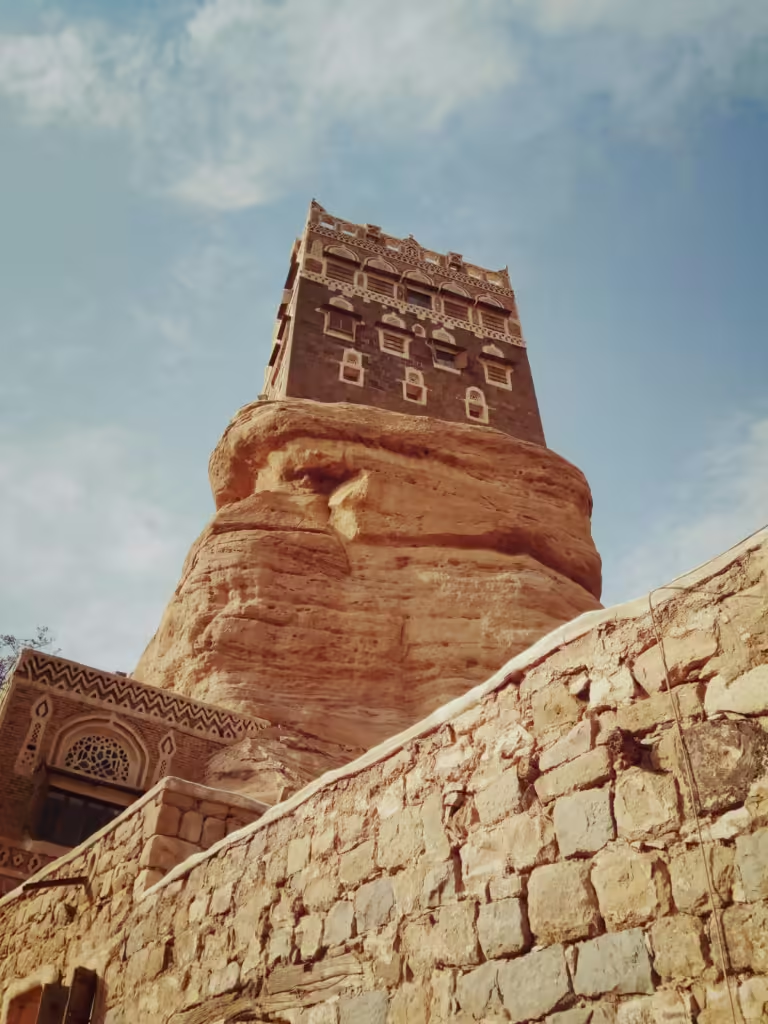
5.Yemen
Yemen is one of the most corrupt countries in the world. This perception is driven by a combination of political instability, ongoing conflict, economic challenges, and weak institutions.
Location: Arabian Peninsula
Government: Fragmented due to ongoing conflict
Conflict: Ongoing civil war since 2015, involving various factions including the Houthi movement and the internationally recognized government
Reasons for Yemen’s High Corruption Levels
Ongoing Conflict and Political Instability
- Civil War: The civil war that began in 2015 has led to a severe breakdown in law and order. The conflict between the Houthi movement, the internationally recognized government, and other factions has created a power vacuum and a chaotic environment where corruption can thrive.
- Fragmented Authority: Multiple factions control different parts of the country, leading to fragmented authority and inconsistent governance, which exacerbates corruption.
Weak Governance and Institutions
- Fragile State: Yemen’s government institutions are weak and lack the capacity to enforce laws and regulations effectively.
- Corruption in Public Administration: Corruption is pervasive within government institutions, with public officials often engaging in bribery, embezzlement, and mismanagement of resources.
Economic Challenges
- Poverty and Unemployment: High levels of poverty and unemployment create conditions where bribery and corrupt practices become survival strategies for many citizens.
- Dependency on Aid: Yemen relies heavily on international aid, which is often mismanaged or diverted by corrupt officials and armed groups.
Lack of Transparency and Accountability
- Opaque Financial Management: Government financial management practices are opaque, making it difficult to hold officials accountable for the use of public funds.
- Limited Media Freedom: Restrictions on the media and threats against journalists hinder investigative reporting and the exposure of corrupt practices.
Humanitarian Crisis
- Mismanagement of Aid: The severe humanitarian crisis, with widespread famine and disease, has led to significant amounts of international aid, which is often mismanaged or exploited by corrupt officials and groups.
- Exploitation of Resources: The scarcity of resources and the desperate need for basic necessities have led to the exploitation and manipulation of aid distribution for personal gain.
Global Perception and Rankings
Transparency International’s Corruption Perceptions Index (CPI)
- Low Rankings: Yemen consistently ranks near the bottom of Transparency International’s Corruption Perceptions Index, reflecting widespread perceptions of public sector corruption.
World Bank Governance Indicators
- Poor Performance: Yemen scores very low on the World Bank’s Worldwide Governance Indicators, particularly in areas such as control of corruption, rule of law, and government effectiveness.
Efforts to Combat Corruption
International Support
- Capacity Building: International organizations and donor countries provide support for capacity-building initiatives aimed at strengthening governance institutions and promoting transparency.
- Humanitarian Aid and Monitoring: Efforts to monitor and ensure the proper use of humanitarian aid are ongoing, although these efforts are often hindered by the conflict and instability.
Domestic Reforms
- Anti-Corruption Commission: Yemen has established an Anti-Corruption Commission, but its effectiveness is limited by the ongoing conflict and political instability.
- Civil Society Engagement: Civil society organizations work to promote good governance and accountability, often facing significant risks and challenges in their efforts.
Challenges and Considerations
Security Concerns
- Ongoing Conflict: The ongoing conflict and presence of various armed factions complicate efforts to establish effective anti-corruption measures.
- Political Instability: The fragmented political landscape and lack of a unified government make it difficult to implement and enforce anti-corruption initiatives.
Economic Dependency and Mismanagement
- Aid Mismanagement: The reliance on international aid and the opportunities for its exploitation present ongoing challenges for anti-corruption efforts.
- Resource Scarcity: The scarcity of resources and the desperate need for basic necessities exacerbate corruption and exploitation.
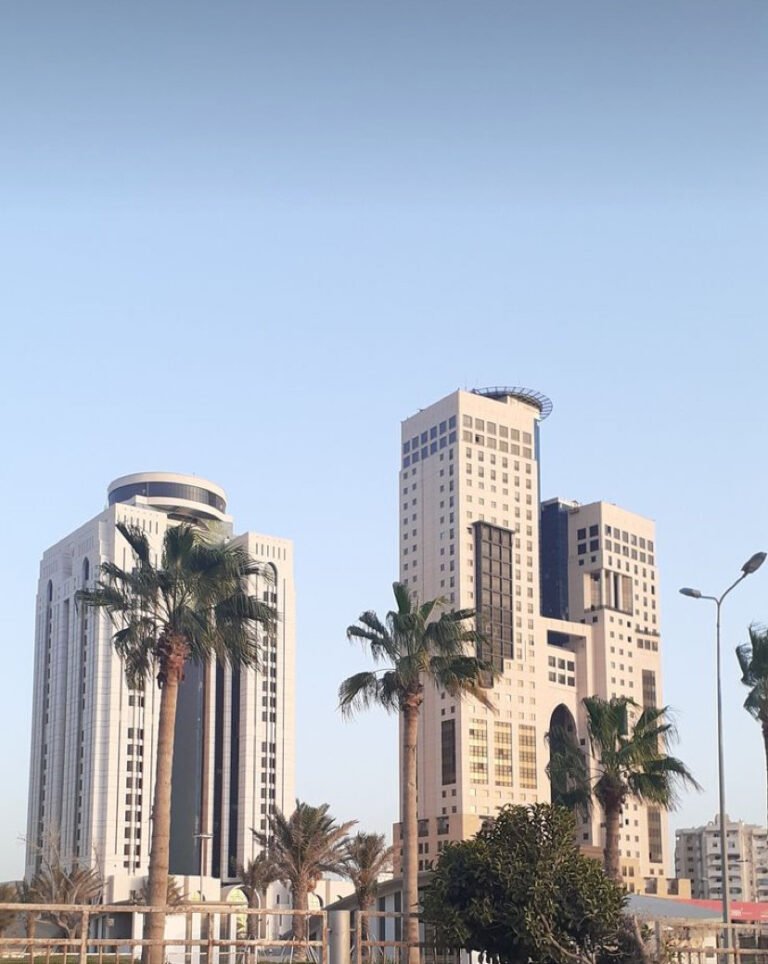
6.Libya
Libya is one of the most corrupt countries in the world. The country’s high levels of corruption are driven by prolonged political instability, ongoing conflict, economic challenges, and weak institutions.
Location: North Africa
Government: Transitional, with multiple factions claiming control
Conflict: Ongoing civil strife since the 2011
Reasons for Libya’s High Corruption Levels
Prolonged Political Instability and Conflict
- Civil War: The civil war that erupted after the 2011 Arab Spring and the overthrow of Muammar Gaddafi has led to a power vacuum and ongoing conflict among rival factions.
- Fragmented Authority: The country is divided among various militias and rival governments, leading to a lack of centralized control and law enforcement, which facilitates corruption.
Weak Governance and Institutions
- Fragile State: Libya’s government institutions are weak, lacking the capacity to enforce laws and regulations effectively.
- Corruption in Public Administration: Corruption is rampant within government institutions, with public officials often engaging in bribery, embezzlement, and mismanagement of resources.
Economic Challenges
- Oil Dependency: The economy is heavily reliant on oil revenues, and the mismanagement of these resources creates significant opportunities for corruption.
- Economic Instability: The conflict has severely impacted the economy, leading to high levels of unemployment and poverty, which further drive corrupt practices.
Lack of Transparency and Accountability
- Opaque Financial Management: Government financial management practices are opaque, making it difficult to hold officials accountable for the use of public funds.
- Limited Media Freedom: Restrictions on the media and threats against journalists hinder investigative reporting and the exposure of corrupt practices.
Humanitarian Crisis
- Mismanagement of Aid: The ongoing conflict and humanitarian crisis have led to significant amounts of international aid, which is often mismanaged or exploited by corrupt officials and armed groups.
- Exploitation of Resources: The scarcity of resources and the desperate need for basic necessities have led to the exploitation and manipulation of aid distribution for personal gain.
Global Perception and Rankings
Transparency International’s Corruption Perceptions Index (CPI)
- Low Rankings: Libya consistently ranks near the bottom of Transparency International’s Corruption Perceptions Index, reflecting widespread perceptions of public sector corruption.
World Bank Governance Indicators
- Poor Performance: Libya scores very low on the World Bank’s Worldwide Governance Indicators, particularly in areas such as control of corruption, rule of law, and government effectiveness.
Efforts to Combat Corruption
International Support
- Capacity Building: International organizations and donor countries provide support for capacity-building initiatives aimed at strengthening governance institutions and promoting transparency.
- Humanitarian Aid and Monitoring: Efforts to monitor and ensure the proper use of humanitarian aid are ongoing, although these efforts are often hindered by the conflict and instability.
Domestic Reforms
- Anti-Corruption Commission: Libya has established an Anti-Corruption Commission, but its effectiveness is limited by the ongoing conflict and political instability.
- Civil Society Engagement: Civil society organizations work to promote good governance and accountability, often facing significant risks and challenges in their efforts.
Challenges and Considerations
Security Concerns
- Ongoing Conflict: The ongoing conflict and presence of various armed factions complicate efforts to establish effective anti-corruption measures.
- Political Instability: The fragmented political landscape and lack of a unified government make it difficult to implement and enforce anti-corruption initiatives.
Economic Dependency and Mismanagement
- Oil Revenue Mismanagement: The opaque management of oil revenues and the reliance on a single export commodity present ongoing challenges for economic stability and anti-corruption efforts.
- Resource Scarcity: The scarcity of resources and the desperate need for basic necessities exacerbate corruption and exploitation.
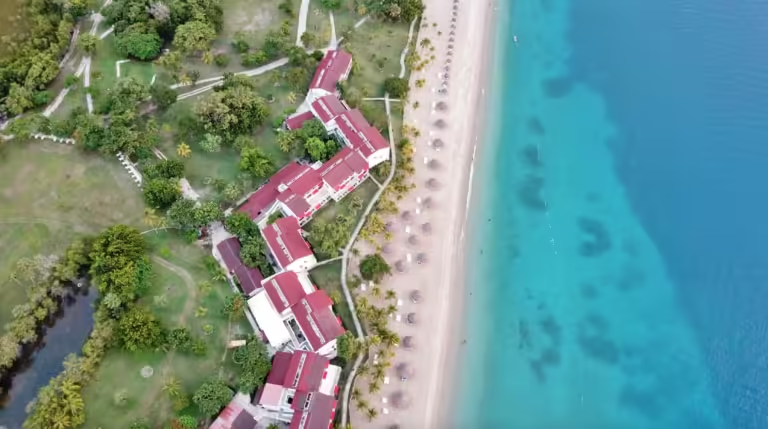
7.Haiti
Haiti is one of the most corrupt countries in the world. The country’s high levels of corruption are driven by political instability, economic challenges, weak institutions, and social issues.
Location: Caribbean
Government: Semi-presidential republic
Economic Status: Least developed country, with a high poverty rate
Reasons for Haiti’s High Corruption Levels
Political Instability
- Frequent Changes in Leadership: Haiti has experienced frequent changes in political leadership, leading to instability and a lack of consistent governance.
- Weak Political Institutions: Political institutions in Haiti are often weak and ineffective, with limited capacity to enforce laws and regulations.
Economic Challenges
- Poverty: Haiti is one of the poorest countries in the Western Hemisphere, with a large portion of the population living below the poverty line.
- Dependency on Aid: The country relies heavily on international aid, which is often mismanaged or diverted by corrupt officials.
Weak Governance and Institutions
- Fragile State: Government institutions are fragile and lack the necessary resources and capacity to combat corruption effectively.
- Corruption in Public Administration: Corruption is pervasive within government institutions, with officials frequently engaging in bribery, embezzlement, and mismanagement of resources.
Lack of Transparency and Accountability
- Opaque Financial Management: Financial management practices are often opaque, making it difficult to track the use of public funds and hold officials accountable.
- Limited Media Freedom: Restrictions on the media and threats against journalists hinder investigative reporting and the exposure of corrupt practices.
Social and Cultural Factors
- Patronage Systems: Patronage and clientelism are deeply ingrained in Haitian society, with public positions often awarded based on loyalty rather than merit.
- Social Inequality: High levels of social inequality contribute to a culture of corruption, where those in power exploit their positions for personal gain.
Global Perception and Rankings
Transparency International’s Corruption Perceptions Index (CPI)
- Low Rankings: Haiti consistently ranks near the bottom of Transparency International’s Corruption Perceptions Index, reflecting widespread perceptions of public sector corruption.
World Bank Governance Indicators
- Poor Performance: Haiti scores very low on the World Bank’s Worldwide Governance Indicators, particularly in areas such as control of corruption, rule of law, and government effectiveness.
Efforts to Combat Corruption
International Support
- Capacity Building: International organizations and donor countries provide support for capacity-building initiatives aimed at strengthening governance institutions and promoting transparency.
- Humanitarian Aid and Monitoring: Efforts to monitor and ensure the proper use of humanitarian aid are ongoing, although these efforts are often hindered by the instability and corruption.
Domestic Reforms
- Anti-Corruption Commission: Haiti has established an Anti-Corruption Unit (Unité de Lutte Contre la Corruption – ULCC), but its effectiveness is limited by political interference and lack of resources.
- Civil Society Engagement: Civil society organizations work to promote good governance and accountability, often facing significant risks and challenges in their efforts.
Challenges and Considerations
Security Concerns
- Political Violence: Political violence and instability complicate efforts to establish effective anti-corruption measures.
- Crime and Insecurity: High levels of crime and insecurity further undermine governance and anti-corruption efforts.
Economic Dependency and Mismanagement
- Aid Mismanagement: The reliance on international aid and the opportunities for its exploitation present ongoing challenges for anti-corruption efforts.
- Resource Scarcity: The scarcity of resources and the desperate need for basic necessities exacerbate corruption and exploitation.
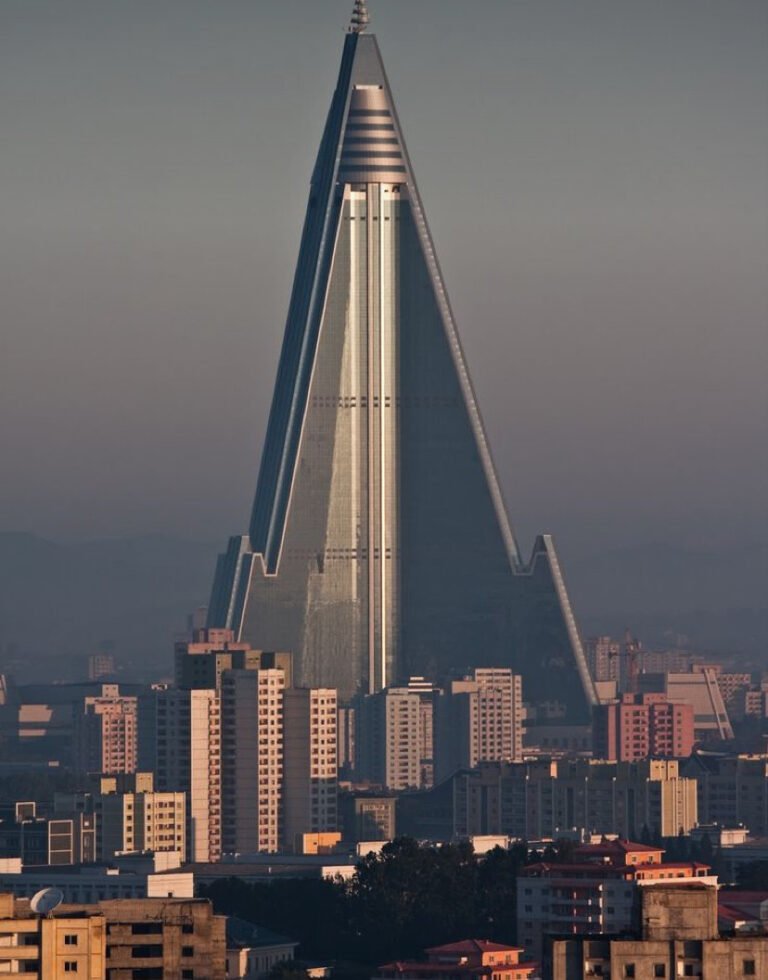
8.North Korea
North Korea is one of the most corrupt countries in the world. The country’s high levels of corruption are driven by its authoritarian regime, lack of transparency, economic isolation, and strict control over information and resources.
Location: East Asia
Government: Totalitarian dictatorship
Economic Status: Isolated and heavily sanctioned economy
Reasons for North Korea’s High Corruption Levels
Authoritarian Regime
- Centralized Power: The Kim dynasty has maintained strict control over the country’s political, economic, and social systems for decades. This centralized power fosters an environment where corruption can flourish without accountability.
- Lack of Checks and Balances: There are no independent institutions or checks and balances to counteract the power of the ruling regime, leading to unchecked corruption.
Economic Isolation
- Sanctions and Isolation: International sanctions and self-imposed isolation have led to severe economic hardship, creating opportunities for corrupt practices as individuals and officials seek to circumvent restrictions and access resources.
- Shadow Economy: A large informal economy exists, where bribery and corrupt practices are common as people try to secure basic necessities and privileges.
Lack of Transparency and Accountability
- Opaque Governance: The government operates with a high level of secrecy, making it difficult to monitor or hold officials accountable for their actions.
- Controlled Information: The regime tightly controls all information, suppressing any dissent or exposure of corruption.
Social and Cultural Factors
- Patronage Systems: Loyalty to the regime and personal connections are crucial for access to resources and opportunities, leading to widespread patronage and nepotism.
- Survival Strategies: Ordinary citizens often resort to bribery and corrupt practices as survival strategies in an economy where resources are scarce and tightly controlled by the state.
Human Rights Abuses
- Exploitation and Extortion: The regime’s pervasive control and human rights abuses include the exploitation and extortion of the population, with officials often demanding bribes for basic services and freedoms.
- Forced Labor: Corrupt practices are also evident in the use of forced labor, both domestically and through labor export schemes.
Global Perception and Rankings
Transparency International’s Corruption Perceptions Index (CPI)
- Low Rankings: North Korea consistently ranks near the bottom of Transparency International’s Corruption Perceptions Index, reflecting widespread perceptions of public sector corruption.
World Bank Governance Indicators
- Poor Performance: North Korea scores very low on the World Bank’s Worldwide Governance Indicators, particularly in areas such as control of corruption, rule of law, and government effectiveness.
Efforts to Combat Corruption
International Sanctions and Pressure
- Economic Sanctions: International sanctions aim to pressure the regime by targeting its financial and economic activities, though these measures often exacerbate the hardship for ordinary citizens.
- Diplomatic Isolation: Diplomatic efforts and international pressure seek to hold the regime accountable for its actions, including corruption and human rights abuses.
Domestic Reforms and Challenges
- Limited Reforms: Any anti-corruption efforts within North Korea are limited and primarily serve the interests of the ruling regime rather than genuinely addressing corruption.
- Survival of the Regime: The primary focus of the regime is its own survival and control, rather than implementing meaningful reforms to combat corruption.
Challenges and Considerations
Security Concerns
- Military Control: The regime’s focus on military control and security over governance and transparency perpetuates a corrupt system.
- Political Repression: Severe political repression and human rights abuses further entrench corruption and hinder any potential for reform.
Economic Dependency and Mismanagement
- Mismanagement of Resources: The regime’s mismanagement of the country’s resources and the prioritization of elite interests contribute to widespread corruption and economic inefficiency.
- Sanctions Evasion: Corrupt practices are often employed to evade international sanctions, involving illicit trade and smuggling.
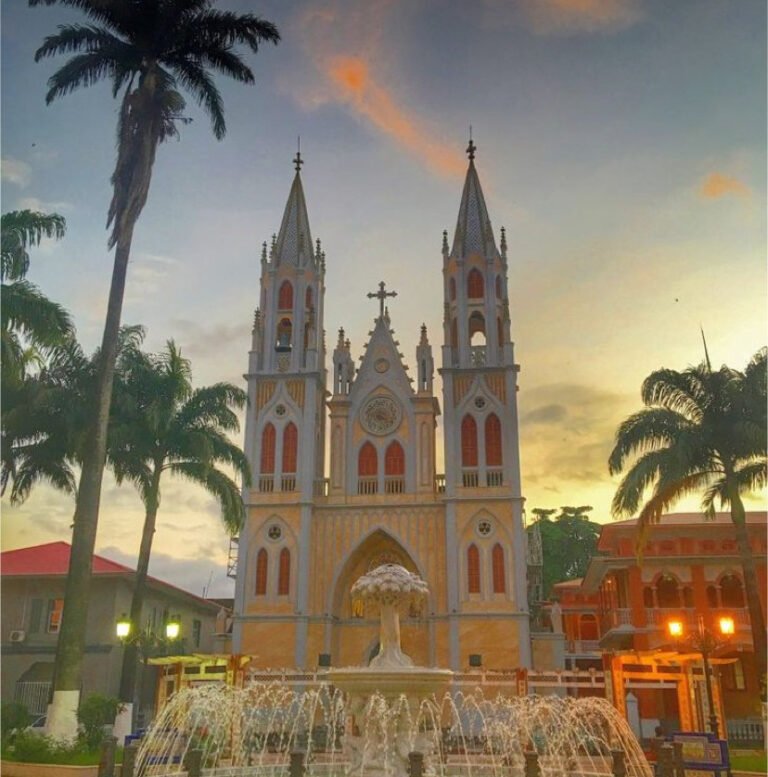
9. Equatorial Guinea
Equatorial Guinea is one of the most corrupt countries in the world. This small Central African nation, despite its significant oil wealth, faces numerous challenges related to governance, transparency, and accountability.
Location: Central Africa
Government: Presidential republic
Economic Status: Oil-rich but with widespread poverty
Reasons for Equatorial Guinea’s High Corruption Levels
Oil Wealth Mismanagement
- Dependency on Oil: Equatorial Guinea’s economy is heavily reliant on oil exports, which account for the majority of government revenues. However, the management of these revenues is often opaque, leading to opportunities for corruption.
- Resource Curse: The phenomenon where countries rich in natural resources, particularly oil, often experience high levels of corruption and economic mismanagement.
Authoritarian Rule
- Centralized Power: President Teodoro Obiang Nguema Mbasogo has held power since 1979, allowing for centralized control that limits checks and balances and fosters a culture of impunity.
- Lack of Political Pluralism: Political opposition is severely restricted, and elections are often criticized as neither free nor fair, limiting accountability and transparency.
Weak Governance and Institutions
- Fragile State Institutions: Government institutions lack independence and are susceptible to political interference, undermining their effectiveness in combating corruption.
- Corruption in Public Sector: Corruption is pervasive within government institutions, with reports of embezzlement, nepotism, and favoritism in public procurement and service delivery.
Lack of Transparency and Accountability
- Opaque Financial Practices: Transparency in financial management and budgeting processes is limited, making it difficult to track public expenditure and hold officials accountable.
- Limited Civil Society and Media Freedom: Civil society organizations and independent media face significant restrictions, limiting their ability to monitor and expose corruption.
Social and Economic Inequality
- Wealth Disparities: Despite its oil wealth, Equatorial Guinea has one of the highest income inequalities globally, with a significant portion of the population living in poverty.
- Social Services Misallocation: Public services such as healthcare and education suffer from misallocation of resources, exacerbating socio-economic disparities.
Global Perception and Rankings
Transparency International’s Corruption Perceptions Index (CPI)
- Low Rankings: Equatorial Guinea consistently ranks poorly on Transparency International’s Corruption Perceptions Index, reflecting widespread perceptions of corruption within its public sector.
World Bank Governance Indicators
- Poor Performance: Equatorial Guinea scores poorly on the World Bank’s Worldwide Governance Indicators, particularly in areas such as control of corruption, rule of law, and government effectiveness.
Efforts to Combat Corruption
International Scrutiny and Pressure
- International Organizations: Institutions such as the United Nations and regional bodies monitor Equatorial Guinea’s governance and human rights record, advocating for reforms.
- Sanctions and Restrictions: Some international actors impose sanctions or restrictions on Equatorial Guinea due to human rights abuses and corruption concerns.
Domestic Reforms
- Anti-Corruption Efforts: Equatorial Guinea has established anti-corruption agencies and enacted laws to combat corruption. However, these efforts are often seen as superficial or ineffective due to lack of enforcement and political will.
Challenges and Considerations
Political Stability
- Regime Stability: The longevity of President Obiang’s regime and its tight control over political and economic levers undermine prospects for meaningful reform.
- Security Concerns: Political dissent and opposition are often met with repression, limiting avenues for civil society engagement and reform advocacy.
Economic Dependency and Mismanagement
- Oil Revenue Management: The mismanagement of oil revenues and the lack of economic diversification contribute to persistent poverty and inequality, perpetuating corrupt practices.
- Youth Unemployment: High levels of youth unemployment exacerbate social tensions and increase vulnerability to corruption and illicit activities.
International Dynamics
- Foreign Interests: Equatorial Guinea’s strategic location and natural resources attract foreign investment and geopolitical interests, which can influence its governance and anti-corruption efforts.
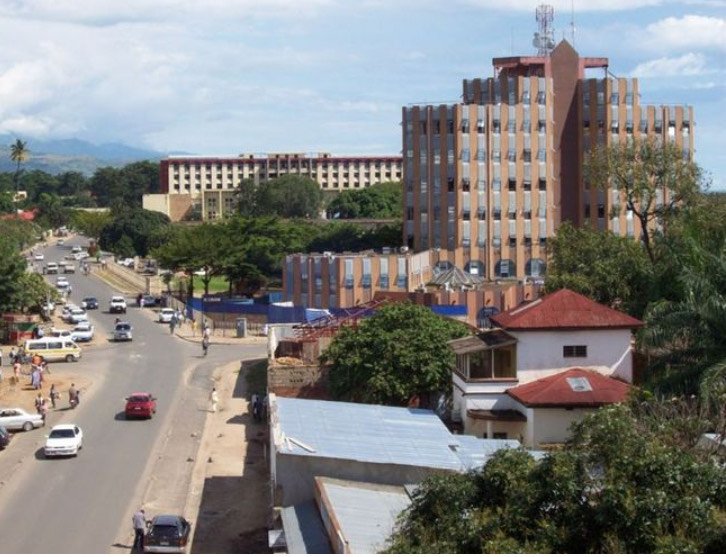
10. Burundi
Burundi is one of the most corrupt countries in the world. The country faces significant challenges related to governance, transparency, and accountability, exacerbated by political instability and economic hardships.
Location: East Africa
Government: Presidential republic
Economic Status: Low-income country, heavily reliant on agriculture
Reasons for Burundi’s High Corruption Levels
Political Instability
- History of Conflict: Burundi has experienced cycles of ethnic conflict and political violence, undermining stability and effective governance.
- Weak Political Institutions: Government institutions suffer from weak capacity and susceptibility to political interference, hindering efforts to combat corruption.
Economic Challenges
- Poverty and Dependency: Burundi is one of the poorest countries in the world, with a large portion of the population living below the poverty line.
- Limited Economic Diversification: The economy is heavily dependent on agriculture, which is vulnerable to external shocks and climate change impacts.
Weak Governance and Institutions
- Corruption in Public Sector: Corruption is pervasive within government institutions, with reports of bribery, embezzlement, and nepotism in public procurement and service delivery.
- Lack of Accountability: There is a lack of transparency in government operations and financial management, limiting accountability and oversight.
Social and Cultural Factors
- Patronage Networks: Patronage and clientelism are prevalent, with political connections often determining access to resources and opportunities.
- Ethnic Tensions: Historical ethnic divisions and political polarization contribute to governance challenges and corruption dynamics.
Security and Human Rights Concerns
- Human Rights Abuses: Reports of human rights abuses, including arbitrary arrests and suppression of dissent, undermine governance and accountability.
- Repression of Civil Society: Restrictions on civil society and media freedom limit independent oversight and accountability mechanisms.
Global Perception and Rankings
Transparency International’s Corruption Perceptions Index (CPI)
- Low Rankings: Burundi consistently ranks poorly on Transparency International’s Corruption Perceptions Index, reflecting widespread perceptions of corruption within its public sector.
World Bank Governance Indicators
- Poor Performance: Burundi scores very low on the World Bank’s Worldwide Governance Indicators, particularly in areas such as control of corruption, rule of law, and government effectiveness.
Efforts to Combat Corruption
International Scrutiny and Assistance
- International Support: Donor countries and international organizations provide support for governance reforms and anti-corruption initiatives in Burundi.
- Capacity Building: Efforts focus on strengthening institutions, promoting transparency, and improving accountability through technical assistance and training.
Domestic Reforms
- Anti-Corruption Efforts: Burundi has established anti-corruption agencies and enacted laws to combat corruption. However, enforcement and implementation remain challenges due to political interference and limited resources.
Challenges and Considerations
Political Fragility
- Political Uncertainty: Burundi’s political environment remains fragile, with ongoing tensions and challenges to democratic governance.
- Election Integrity: Concerns about electoral processes and political manipulation undermine trust in institutions and governance effectiveness.
Economic Dependency and Mismanagement
- External Aid Dependency: The country’s reliance on external aid and donor support exposes it to risks of mismanagement and corruption in aid distribution.
- Resource Allocation: Limited resources and capacity constraints hinder effective service delivery and development outcomes.

